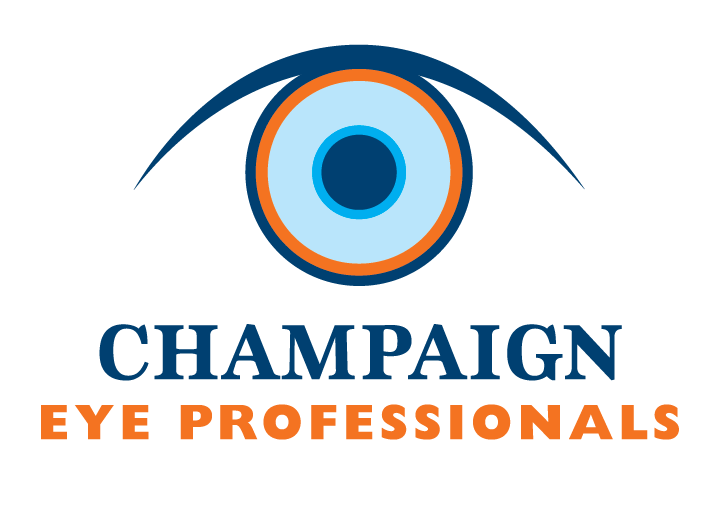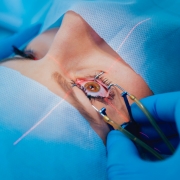3 Reasons You May Need to Wait for Lasik
LASIK surgery may be a relatively routine procedure, but there are rules that doctors still need to adhere to. If you’re ready to have it, we’ll examine a few factors that may impact your eligibility.
Prescription Instability
LASIK surgery in Champaign, IL fixes your eyes based on how they function at the time of the event. Should your eyes change afterward, you can end up needing glasses or contacts to see again. Your vision is less likely to change after you turn 25, thanks to the reduction of hormonal fluctuations, but your eyesight can technically change at any time.
You’re Pregnant or Breastfeeding
Much like age can mess with your hormones, so can pregnancy and breastfeeding. Most eye doctors in Champaign, IL, recommend waiting at least a few months after you’re finished breastfeeding to have a better idea of what your vision will be.
Health Factors
Your eye and overall health can impact the surgery’s success. If you have unresolved issues, such as diabetes, infections, or severe dry eye, a doctor may recommend waiting until the problems are under control. Please note that not every health issue will require you to wait and is typically judged on a case-by-case basis.
Visit an Eye Doctor in Champaign, IL
While it can be frustrating to wait for LASIK, it’s ultimately less hassle for you in the long run. Even if you can dramatically improve your vision before your prescription changes again, the goal is to give you a crystal-clear sight for as long as possible.
If you have questions about your eligibility, the staff at Champaign Eye Professionals is here to help. We co-manage our LASIK patients, coordinating and communicating with surgeons to smooth and streamline the process.





